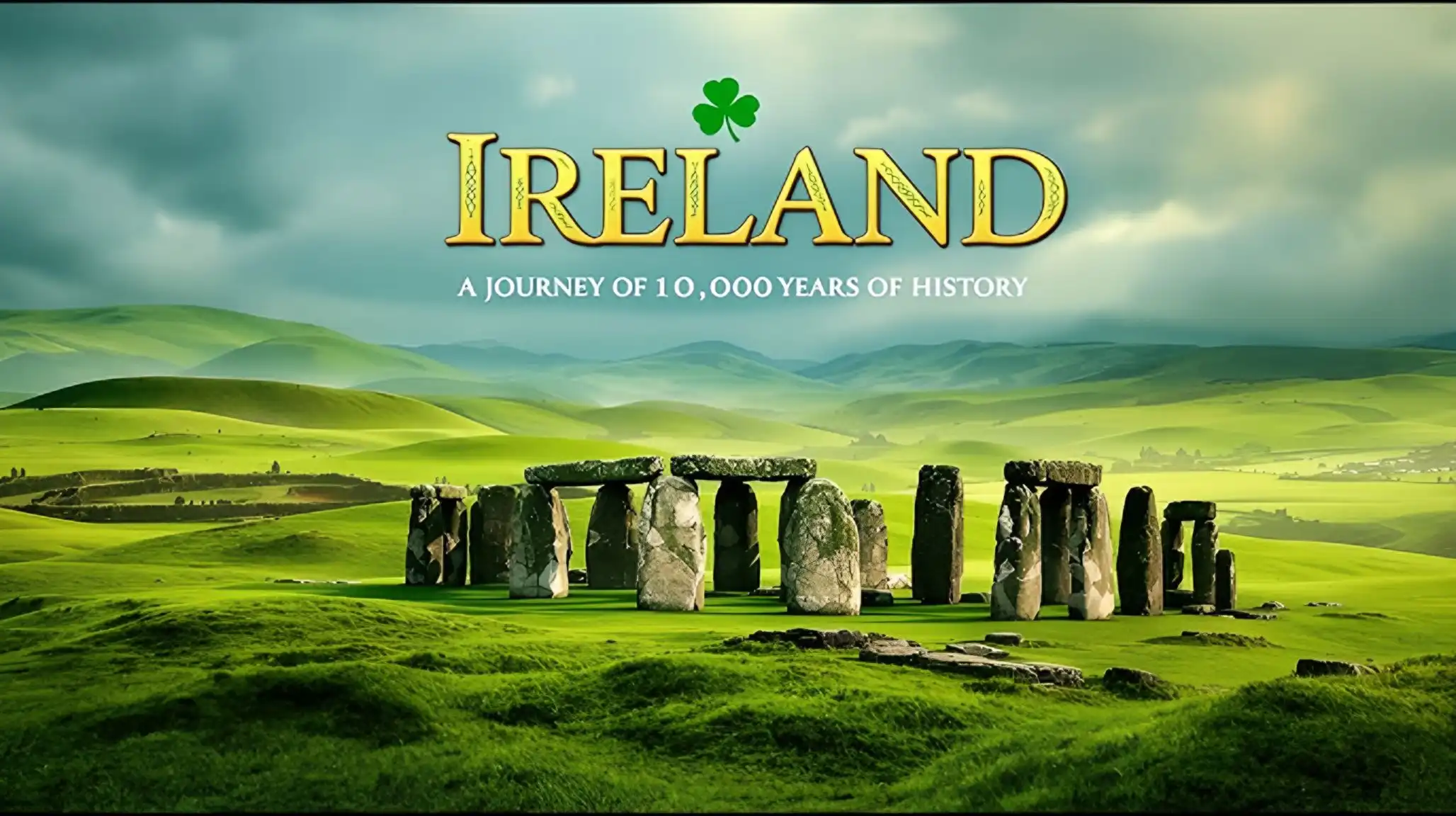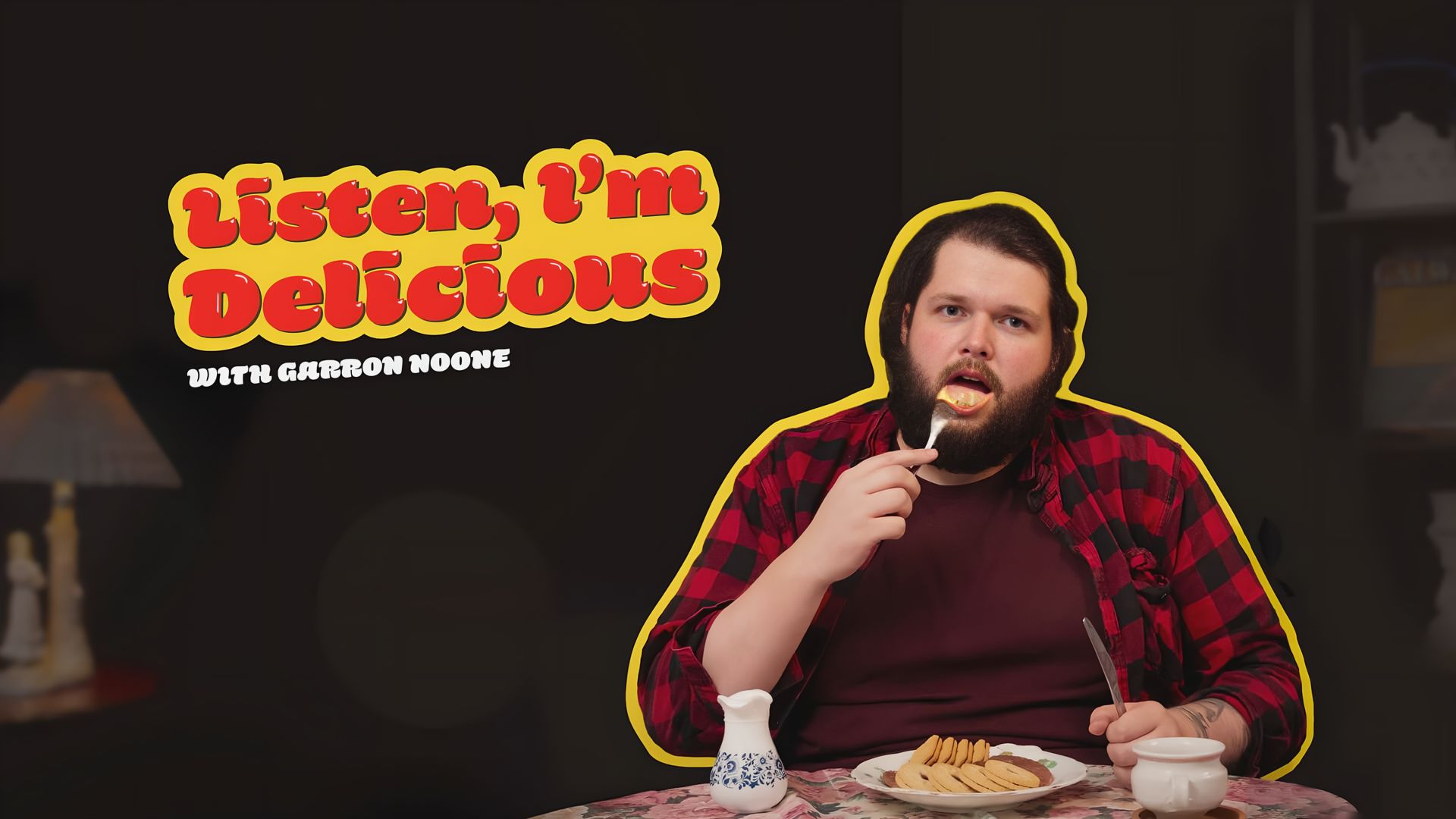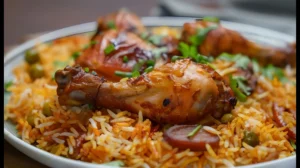The History of Ireland: A Journey Through Time!
By Mojo | Times of Ireland
Ireland is a land of legends, layered with centuries of history, struggle, resilience, and cultural richness. From ancient Celtic tribes to colonial rule, Ireland’s story includes famine and independence. This tale is not only national—it’s deeply human.
Whether you’re Irish by birth or by heart, this journey through Ireland’s past will help you understand its mark on the world. Ireland, a small island, has left a powerful impression globally.
Video Credits To: https://www.youtube.com/@OverlySarcasticProductions
🗿 Ancient Beginnings and Celtic Roots
Ireland’s story begins over 10,000 years ago, as the first Mesolithic people arrived after the last Ice Age. These early settlers left behind stone tools, burial mounds, and sacred sites. Newgrange, a passage tomb, is older than Egypt’s pyramids.
By around 500 BCE, the Celts had arrived, bringing with them a rich oral tradition. They introduced a warrior society and the foundations of the Irish language. Celtic influence still shapes Irish culture today—from music and mythology to place names and festivals. Samhain, the ancient precursor to Halloween, is one such festival.
✝️ The Coming of Christianity
In the 5th century AD, one man forever changed Ireland’s spiritual and cultural landscape: St. Patrick.
While legend says he drove out the snakes, his true legacy was spreading Christianity across the island. Monasteries became centers of learning, art, and culture. Irish monks famously preserved both Christian texts and classical knowledge during Europe’s “Dark Ages.”
From illuminated manuscripts like the Book of Kells to intricately carved High Crosses, this period earned Ireland the nickname:
“The Land of Saints and Scholars.”
🏰 Viking Raids and Norman Invasion
In the 8th and 9th centuries, Viking raiders began attacking Irish monasteries, later establishing settlements like Dublin, Wexford, and Limerick. While feared at first, these Norsemen eventually integrated into Irish society.
Then came the Normans in 1169, marking the start of over 700 years of English involvement in Irish affairs. They built castles, introduced feudalism, and shifted the balance of power, laying the groundwork for centuries of colonial rule.
💔 British Rule and Rebellion
From the 1500s, under Tudor and Stuart monarchs, England tightened its grip on Ireland. Lands were confiscated, native Irish were displaced, and religious tensions soared, particularly between Catholics and Protestants.
The 17th century was marked by bloody conflict, including the Cromwellian conquest. This event devastated the Irish population and deepened cultural divides.
Throughout the 18th and 19th centuries, Irish resistance simmered through uprisings. The 1798 Rebellion and political movements seeking Home Rule are notable examples.
But the most heartbreaking chapter came in the 1840s…
🌑 The Great Famine (An Gorta Mór)
Between 1845 and 1852, Ireland was struck by a devastating potato blight. This catastrophe occurred in a country where the potato was the staple food for millions.
Over 1 million people died, and another 2 million emigrated, mostly to the United States, Canada, and Britain. This trauma left scars that shaped the Irish identity and diaspora forever.
To this day, the Famine is a painful symbol of neglect, resilience, and loss.
🇮🇪 The Fight for Independence
The early 20th century marked a turning point. After centuries of struggle, Ireland’s push for freedom culminated in the 1916 Easter Rising. It was a bold—but ultimately unsuccessful—rebellion against British rule.
However, it lit the fire of revolution.
Following the War of Independence (1919–1921), Ireland was partitioned. The Irish Free State (now the Republic of Ireland) was formed in the south. Meanwhile, Northern Ireland remained part of the United Kingdom.
☘️ Modern Ireland: From Strife to Strength
Ireland’s 20th century was marked by rebuilding, cultural revival, and economic transformation. The Troubles—a decades-long conflict in Northern Ireland—claimed thousands of lives. However, it ultimately led to the Good Friday Agreement in 1998, a major step toward peace.
Today, Ireland is a global force in technology, literature, and diplomacy. It celebrates its roots while looking forward—with pride, purpose, and progress.
🧠 Why Ireland’s History Still Matters
Ireland’s history is not just a timeline—it’s a living legacy. This legacy explains the fierce pride of its people and the global reach of its culture. It also illustrates the resilience that defines the Irish spirit.
From the haunting beauty of ancient ruins to the pulse of modern cities, Ireland carries its past into the present. It does so with grace, grit, and a voice that refuses to be silenced.
🟢 Have your own family connection to Irish history? Share your story in the comments below or tag @TimesOfIreland to be featured!













